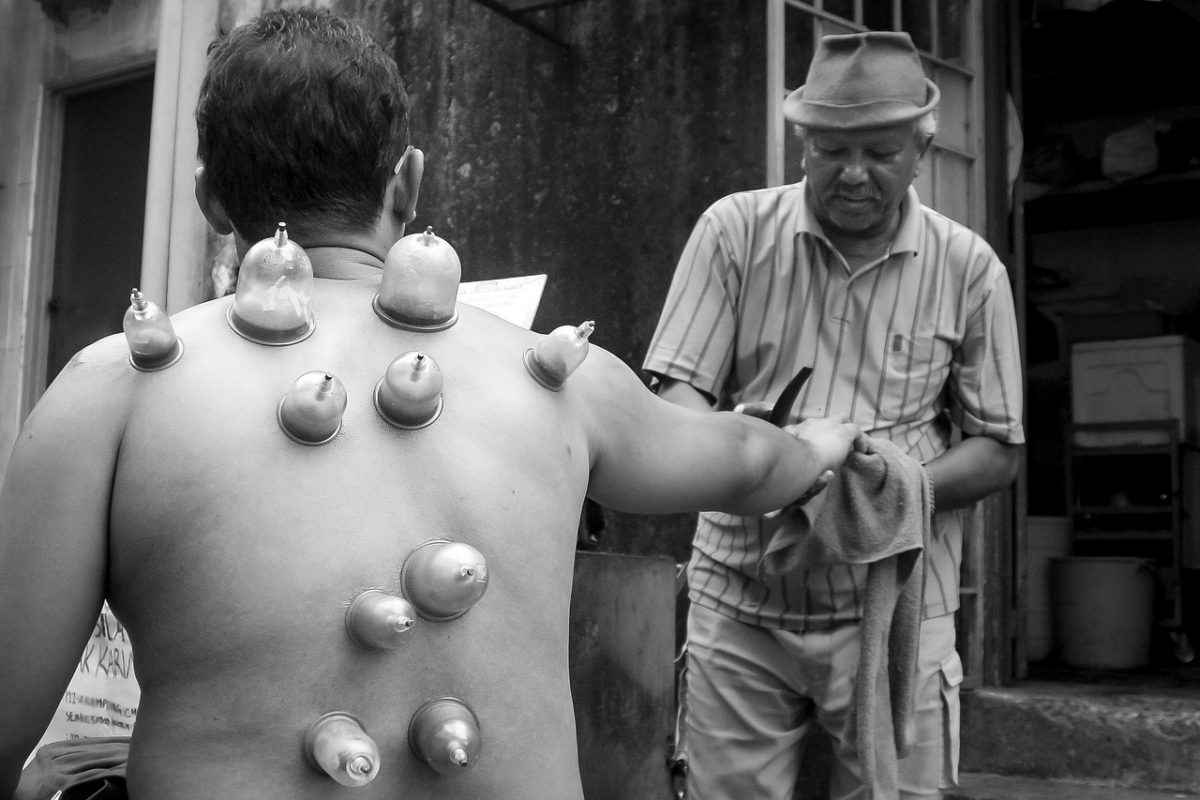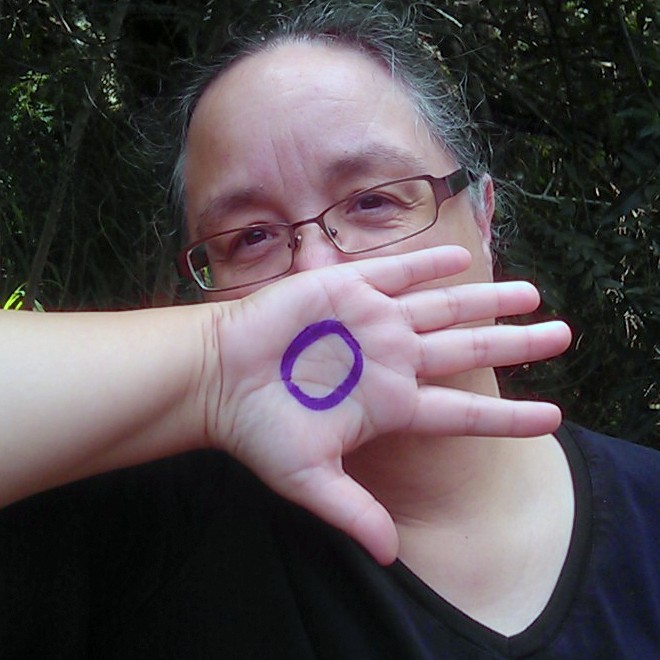#dBlogWeek: What Brings Me Down
Today’s Diabetes Blog Week prompt:
May is Mental Health Month so now seems like a great time to explore the emotional side of living with, or caring for someone with, diabetes. What things can make dealing with diabetes an emotional issue for you and / or your loved one, and how do you cope?
+ + +
There’s one thing in particular that always brings me down when it comes to diabetes. That is talk of a cure.
Talk of a cure, you say? Why would that bring you down? Wouldn’t it give you hope? Hope that one day you won’t have to take pills or shoot insulin? Hope that one day you can go for a hike without worry that you’ll go low on the trail? Hope that one day you can eat a carb-heavy meal without judgement?
First of all, when people talk about a cure for diabetes they aren’t talking about me.
They’re talking about resurrecting the pancreas. Regenerating a vital organ. Finding a way for the body to make insulin again.
People think they know the cure for the type of diabetes that I have. It’s lifestyle change. Lose weight. Exercise. Stay away from sugar. Eat more vegetables. Cinnamon. Yeah, right.
No consideration is given to genetic or environmental factors that trigger or encourage insulin resistance. There’s conflicting evidence on whether obesity is a cause or a co-morbidity. There’s disagreement as to whether type 2 diabetes is a metabolic disorder or an autoimmune disease. There’s more judgement than curiosity.
Bottom line is I don’t think I’ll see a cure in my lifetime. Not because I don’t think we’re capable of finding or developing a cure. But because we don’t have the social and political will to do so.
We’re stuck in the paradigm of how to treat an infectious epidemic. Find the cause and neutralize it. Make a pill or a medicine. Develop a surgery or an artificial organ. We have established industries of businesses and organizations doing this kind of work.
What we don’t have is a coordinated, science-based industry focused on what we need to change to stop the rise of chronic disease.
Such an industry would look at the rise of chronic illness in the national context of policy decisions, societal norms, and physical environment, as well as human behavior and health care practices. This is a complex and difficult undertaking. It would involve looking at everything—from the effect of chemicals in our environment to the effect of favoring feed crops and dairy in subsidized school lunch programs.
It’s unlikely that we will find a single factor that, if addressed, will solve the epidemic of chronic illness we face today. The cure will require major changes in a lot of different areas. That will require going up against a lot of entrenched and conflicting interests.
Which brings me back to the question of having social and political will.
Which I don’t think exists for the kind of lifestyle change we, as a society, need.
+ + +



Great argument about the societal / political issues!
I may disagree with you in a way. I do believe we are close to preventing T1 in some cases than ever. If we say prevention is a cure then well maybe a cure.
I have never believed I would be cured. I think it always is an issue about what a cure really is. I believe we are close to making diabetes more livable some call that a cure. It is as good as I could ever expect.
For T2’s I agree with you, however. Like cancer this is so varied we will never be able to say it is all cured or conquered.
Rick, you make some good points. Prevention is the equivalent of a cure. It’s like preventing a terrorist attack though. I don’t know how you substantiate or measure something not happening.
For me a cure means no meds and no devices. It means that the body is functioning within healthy norms all on its own. That’s a pretty high bar.
We can agree to disagree. As long as we can still keep the dialogue going. 🙂
I hope it helps to know that I don’t think I will see a cure for t1d in my lifetime either but that you have given my pause for thought about how “the cure” is really targeted at pwt1 and not t2.
I do firmly believe that in about 10 years the myth that lifestyle is a factor in the cause of type 2 diabetes will be smashed. I’m not sure what % of people are healthy before diagnosis but it’s too big to ignore! Keep writing blog posts!